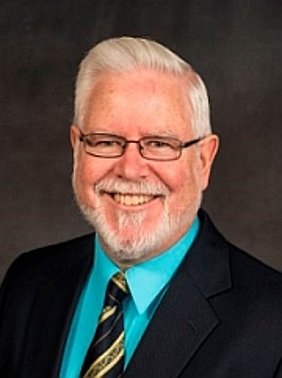I thought this separation provided an opportunity to share some distinct thoughts on each of these holydays that are so central in their respective ways for Jews and Christians. Regarding Easter I considered how the Gospel passion narratives are read liturgically during Holy Week (read my reflections on Easter 2016 on ICCJ's website). Here I’d like to reflect on the impact of Pesach outside the Jewish community.
Preparing for the ICCJ annual conference here in Philadelphia in July has brought to my mind once again the crucial importance of the Exodus story for African American Christians. The sentiment expressed in the Passover Haggadah that “In every generation, each of us should feel as though we ourselves had gone forth from Egypt” was lived out viscerally by Africans enslaved in European colonies in North America and later in the United States. Although they were forced to adopt the Christian faith of their masters, that tradition — deeply rooted in biblical Israel — conveyed the subversive perspective that the God of Israel is a God of freedom: freedom from captivity and freedom from death.
Before and during the American Civil War, Philadelphia had the largest population of “free blacks” in the United States. The whole of Pennsylvania, situated near the boundary between the anti-slavery “Union” and the pro-slavery “Confederacy,” was a major milestone on the “Underground Railroad,” a clandestine network of waystations and secret routes to speed fleeing slaves away from the southern states and into the north.
The Christian hymns composed and sung by African Americans in the context of slavery expressed their hopes and fears for the future. Using somewhat “coded language,” they sang about Moses going down to Pharaoh to demand, “Let my people go!” They sang, “Follow the drinking gourd” (the constellation of the Plough, Big Dipper, or Great Bear) northward across the Jordan Rivers in their path to a land of freedom. They sang “Swing low, sweet chariot” about rescuing angels helping them in their flight to the Promised Land. Of course, they read Israel’s story through Christian lenses and also sang “Precious Lord, take my hand,” closely identifying their own suffering with the suffering of Jesus on the cross (a motif vividly and horribly reprised in the “lynching era” from around 1880-1920).
It is one thing to read about the musical legacy of African slaves and their descendants in the “Negro spirituals.” It’s another to hear it. Click on this link for the pleasure of seeing and hearing the Rev. Velva Maia Thomas speak and sing movingly about this tradition and its coded messages of hope and faith in a two-minute video.
What does this story of the African American spirituals tell us? Among other things, to me it is a reminder that the Passover traditions are a gift of God to the People of Israel, but they are a gift that extends beyond the Jewish community in many, many ways. The annual celebration of the Seder inspires more people than only those sitting around the table in Jewish homes.
And on behalf of the ICCJ Executive Board, the greeting of Chag Pesach Sameach to our Jewish friends this year also conveys gratitude for the faithfulness of Jews in commemorating God’s saving deeds every year in rituals that have blessed the lives and prayers of literally billions of people in far-flung parts of the world.
Philip A. Cunningham
ICCJ President

